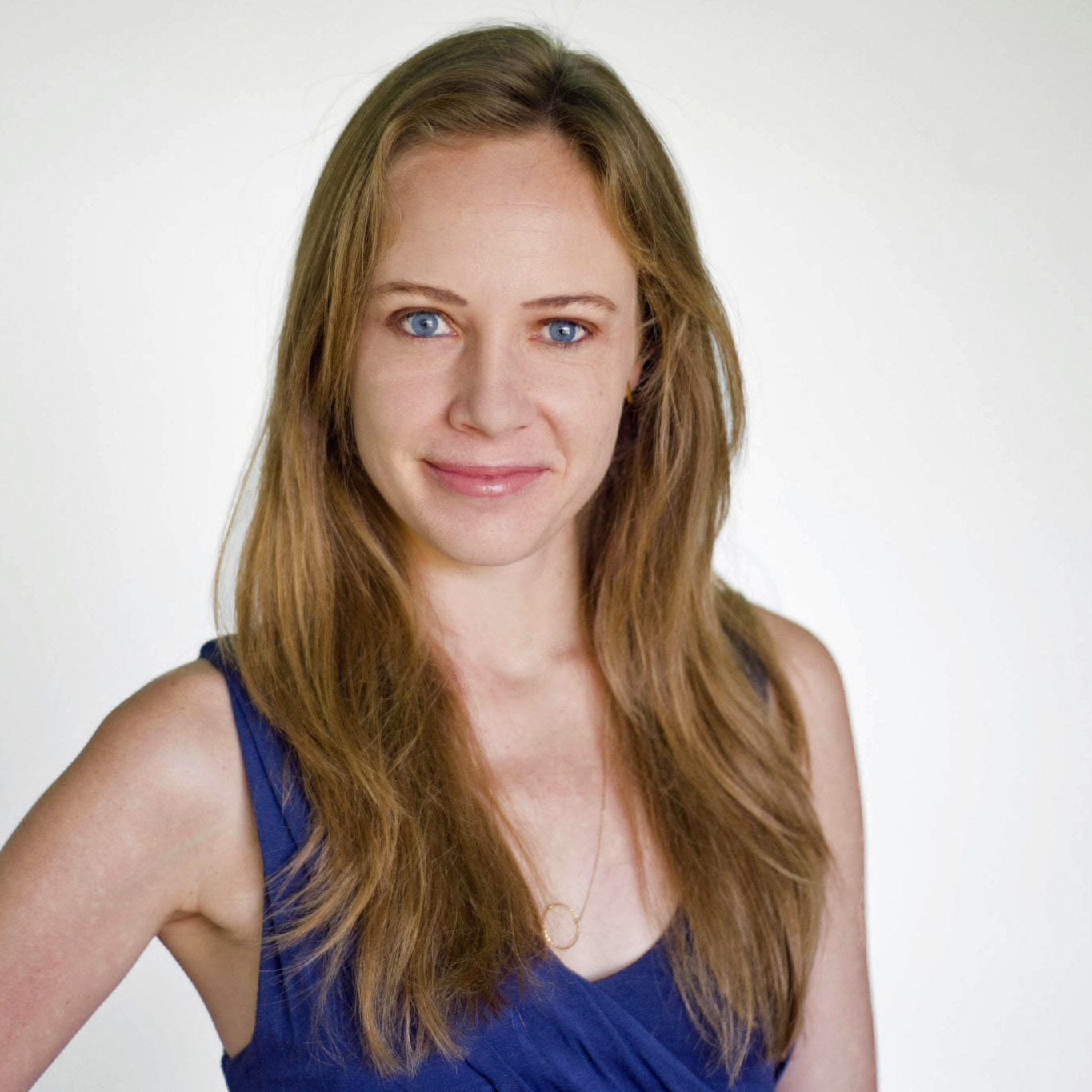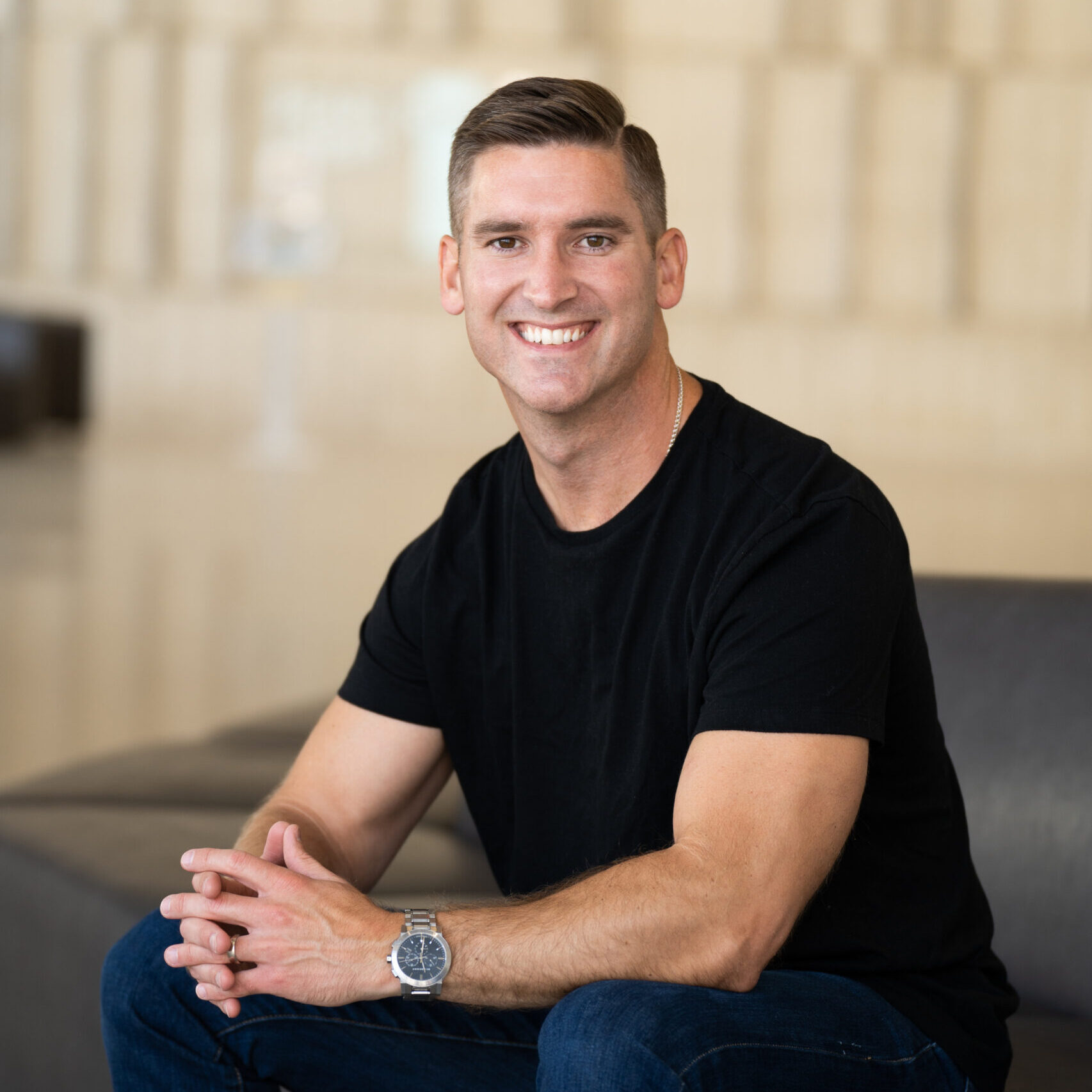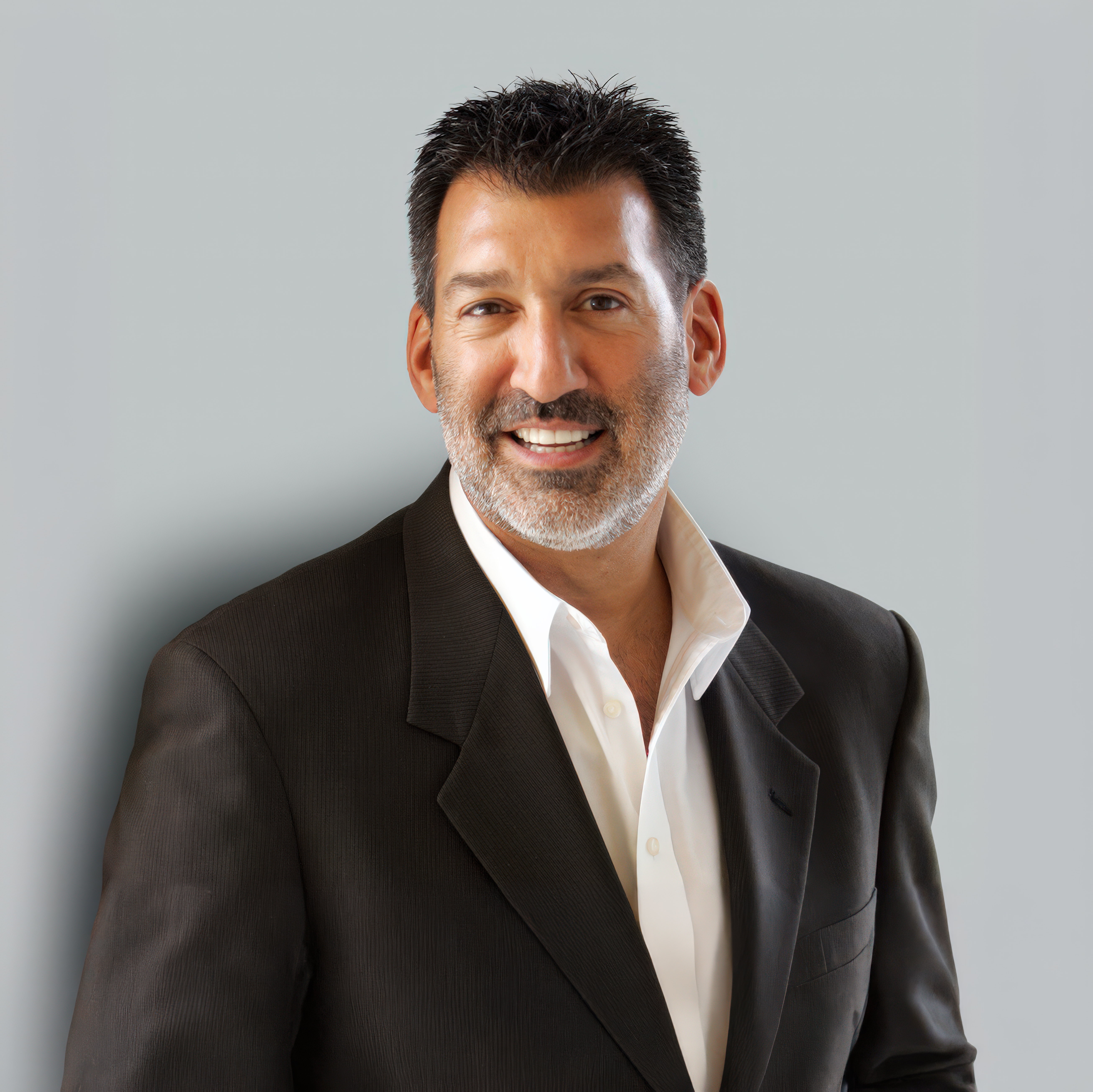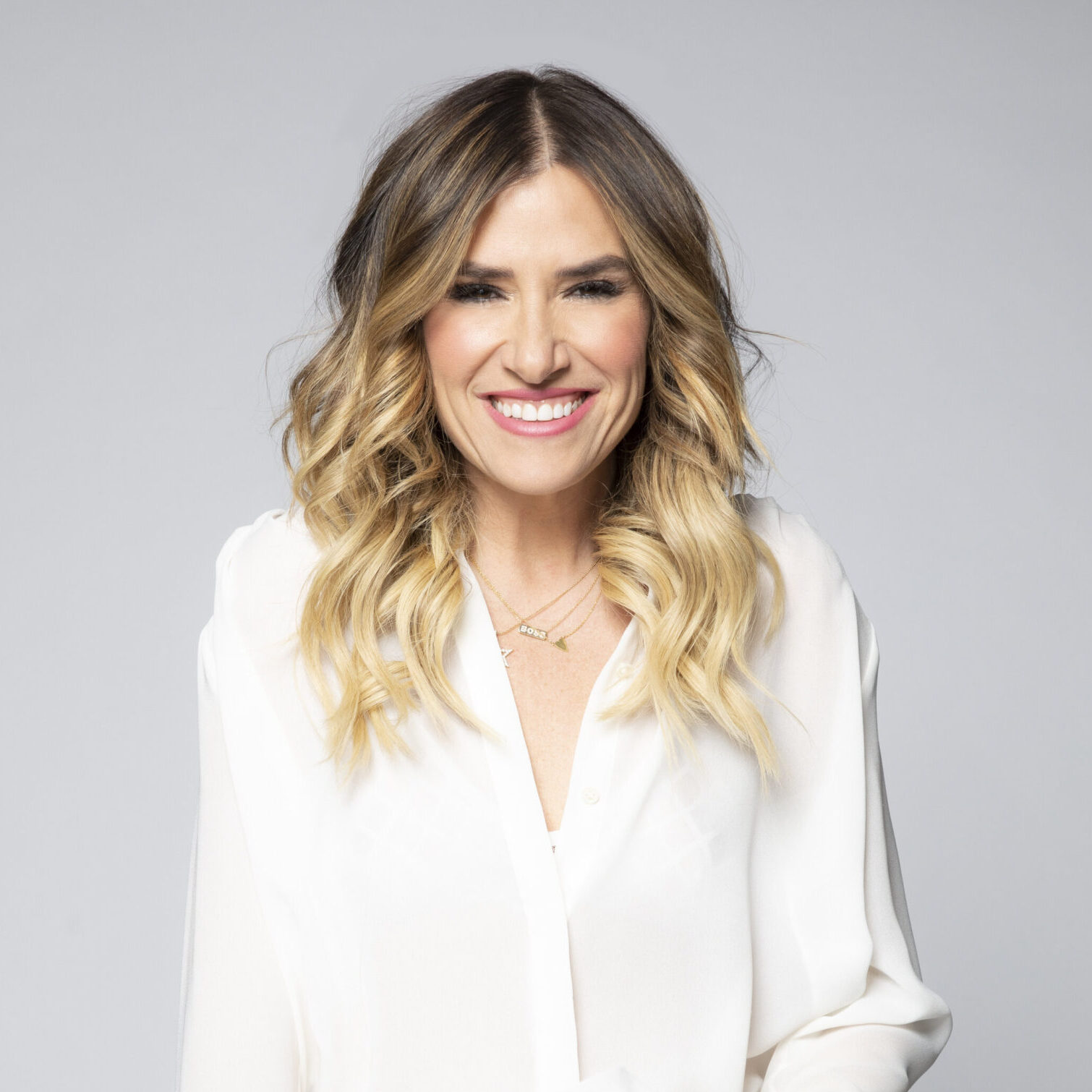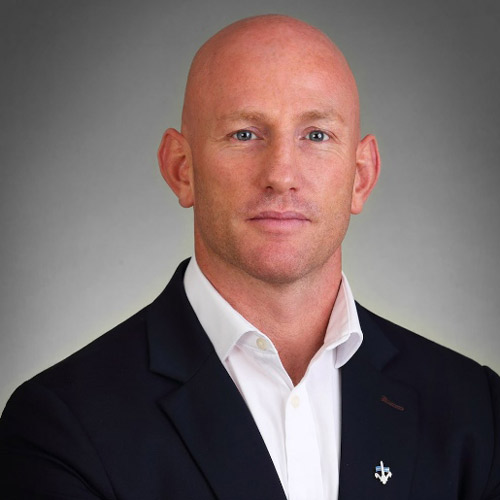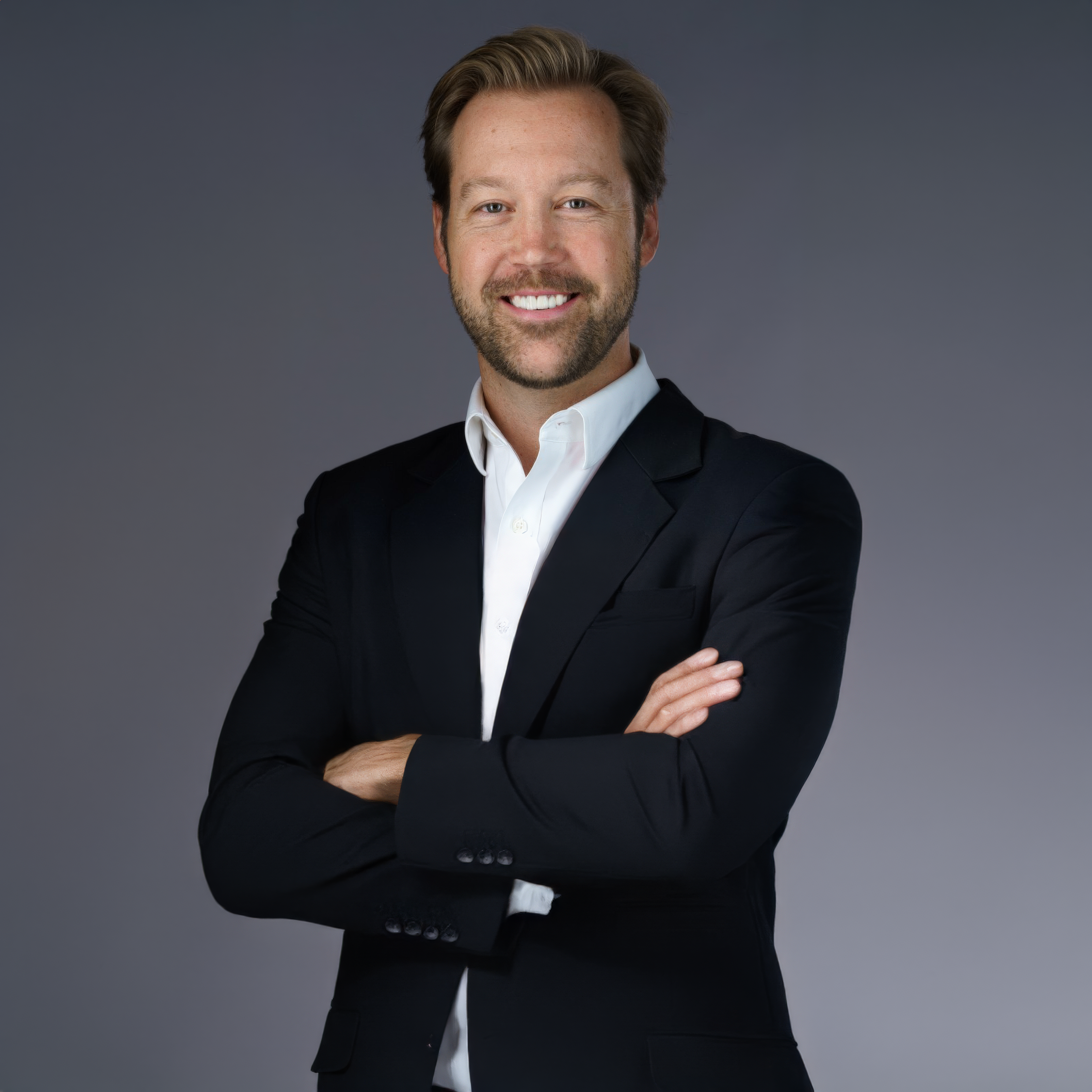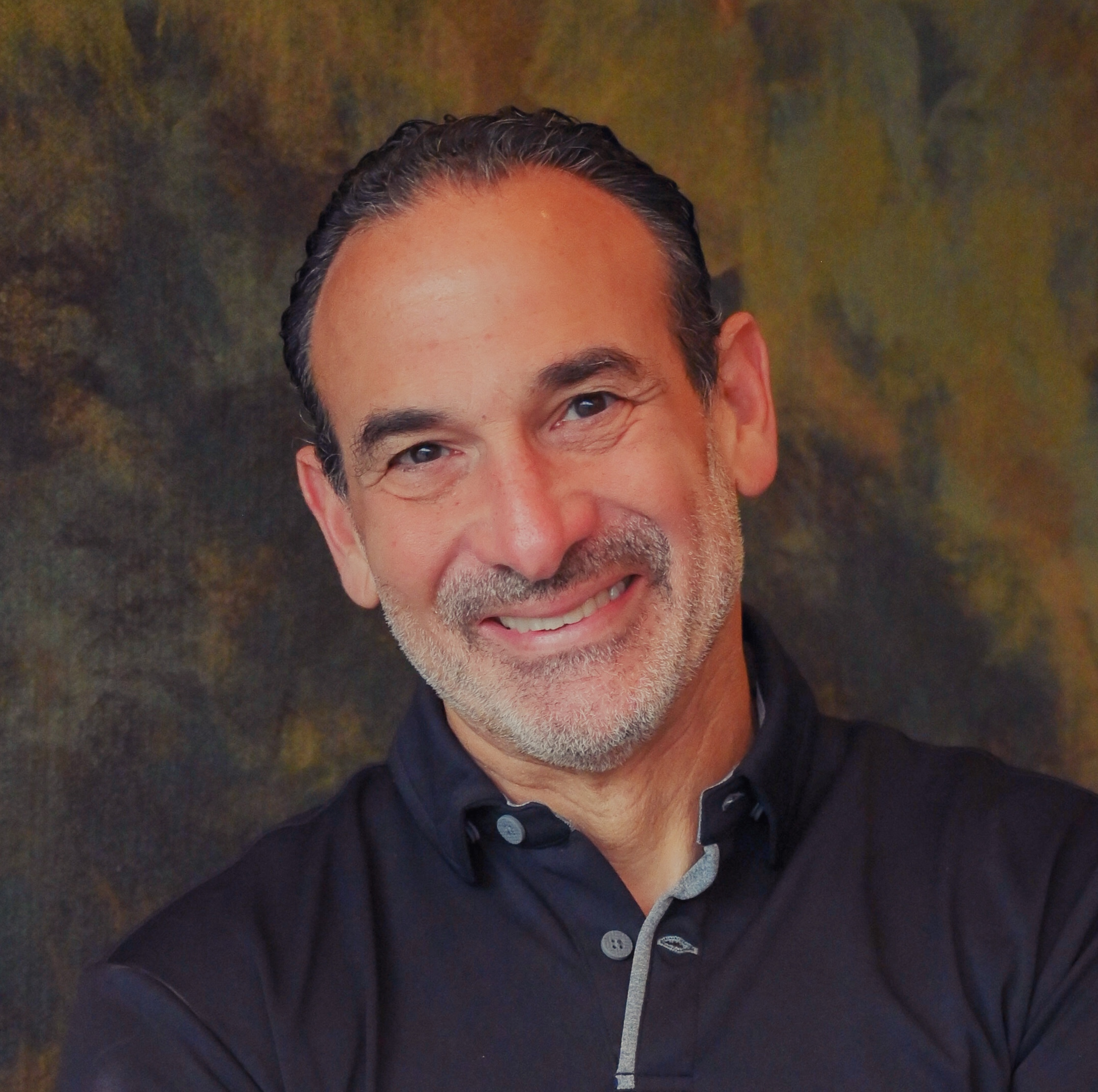RV (00:08):
Hey, brand builder, Rory Vaden here. Thank you so much for taking the time to check out this interview as always, it’s our honor to provide it to you for free and wanted to let you know there’s no big sales pitch or anything coming at the end. However, if you are someone who is looking to build and monetize your personal brand, we would love to talk to you and get to know you a little bit and hear about some of your dreams and visions and share with you a little bit about what we’re up to see if we might be a fit. So if you’re interested in a free strategy call with someone from our team, we would love to hear from you. You can do that at brand builders, group.com/pod call brand builders, group.com/pod call. We hope to talk to you soon.
RV (00:55):
You know, sometimes you have these friends where you’re like, gosh, they’re such a slacker, but I like them anyways. And Claire is somebody who has a bachelor’s and a master’s from Stanford. She has an MBA from Oxford. She was an early employee at Twitter. She got the Pope on Twitter, according to wired magazine. And she’s the author of nine, nine books that have been translated into 10 languages. And, you know, even though she’s kind of a slacker like that, I thought, well, gosh, we should have my good dear friend, Claire Diaz Ortiz on the show. Obviously I am being facetious dramatically. She is one of the most intelligent people that I know. And one of her books she wrote was called one minute mentoring, who she wrote with her mentor, the legendary Ken Blanchard, who we went to a conference and that’s how her and I really connected.
RV (01:53):
We’ve known each other through Donald and Betsy Miller for awhile, but AIJ and I went to this lead, like Jesus event that Ken Blanchard put on, which was amazing. And Claire was there and that’s when we really became friends. And she’s just incredible. And I think what’s really cool. So she lives in Argentina and right now for the last couple of years, she’s really been involved with investing. Okay. So she is an angel investor. She’s a VC. And specifically, recently she’s been working on you know, doing investing down in Latin America for female entrepreneurs and just, you know, anyways, she’s, she’s all things entrepreneurial and investor backed companies, and we just thought it would be cool to have her perspective on how to use your personal brand to launch your startup and to get funding. And for those of you that listen, that are true entrepreneurs, but even if not she’s got a new book called social media success for every brand, which will apply to everybody. So she’s just someone we got to learn from, and here she is welcome to the stage. Claire Diaz, Ortiz. It
CDO (03:00):
Is so good to be here. We were just trying to figure out what year we were out in Palm desert at that event must have been four years ago or something like that. I don’t know. I’m trying to remember how many children I had at the time. It’s hard to keep it back. You’re in the same scenario, right? You had a baby at that event, right? Yeah,
RV (03:19):
That’s right. That baby is now four. So I think it was okay. It was like three, three, like three and a half years
CDO (03:25):
Ago. And
RV (03:27):
Dina Dwyer Owens was there. She’s another sweet dear friend. I don’t know if you know her, but that’s she was who invited us to that event. And yeah, it’s like pre COVID pre-baby. I mean, that’s how you keep track of things when you get, you know, our state just by, by children. But so anyway, so you’ve been, I mean, you grew up in Silicon valley, you kind of grew up in that world, both like literally lived there, but also at Twitter and, and that, and I think it’s fascinating that, you know, I know a lot of people, I know a lot of people kind of that are like from the entrepreneurial VC angel investing world. And I know a lot of people who are from like the social media, personal branding world, but I know very few people who have straps, both of those worlds.
RV (04:15):
And what, what are some of the things is that you’re seeing Claire in terms of how, how are quote unquote real life entrepreneurs using personal branding and, and, and how should they be thinking about their personal brand when it comes to, you know, and I’m, I’m not talking about coaches and speakers and authors and consultants per se. Although I know you understand that world because that is also you and you, you hang in that world a bit, but specifically for our listeners who have a business that isn’t so much based on their personality, what are the things they should be thinking about and doing and using you know, and maybe even just you as an investor where you go, these are things that capture our attention in terms of the way the founder presents online or with social or et cetera, et cetera. And I just, I’m just honestly fascinated to hear your opinion on this,
CDO (05:20):
Right? So I think one of the sort of big things we need to sort of address when we think about kind of the answer to this big thorny question is just the fact that personal branding is basically completely different than it was 30 years ago, right? It’s no longer about you writing a typing and a typewriter, a press release, finding a PR person to send it out, and then watching that person try to get you in paper magazines, right? These days it’s really in the power, the entrepreneur hands, a lot of the time to, to get out there and to share your message and your story with the world. And although there are, you know, great examples of PR teams still doing wonderful things, and I love PR people, and I think startups should hire them and individuals should hire them. A lot of it these days is really up to you.
CDO (06:16):
And I think that is terrifying, but also encouraging to a lot of people, because it basically means that you have most of the tools at your fingertips to execute. And so it’s just a matter of trying to learn a few of them so that you can essentially, you know, make a splash, right? I mean, I think a classic example of this would be, you know, I can’t tell you how many times in, in a startup that, you know, I’ve invested in or been working with, they have hired PR people or PR teams, you know, or entire departments of teams to basically execute on a lot of things that you can do individually as, as a solo preneur. Right. And so learning how to do some of those things is, is probably one of your biggest kind of value adds if you are a solopreneur or if you have a small startup and you don’t have a lot of staff.
RV (07:12):
Yeah. And I, you know, I think this is helpful to hear you talk about this because you know, AIG and I kind of straddle this world a little bit of entrepreneurs and the, especially at success magazine, I’m I’m entrepreneurship is kinda my explicit focus. And then that’s kind of our friends circle and social media. But even in my own mind, I’ve always kind of separated and thought of like personal branding, quote, unquote, social media, podcasting writing books. I’ve kind of thought of that as like, that’s a thing for speakers and coaches and consultants. But what I hear you saying is that’s not, it’s not just for those people that, that this is a, those skill sets applied directly to entrepreneurs even where the brand is not their name per se, but it is, it’s trying to create awareness for this new company or this new idea. Am I hearing,
CDO (08:12):
I mean, I think there’s sort of two factors. There’s one issue, which is, you know, with every passing year, there’s more pressure to have some sort of a presence online, no matter what your job is. Right. that may be simply a, you know, a LinkedIn profile saying what you do, but you know, there’s different ways to have a presence online, but with every year there’s more pressure to have presence online. Then I would say the second issue is just what we are seeing is that many people are now leading these multi career lives, right? So you might be an executive coach today as your full-time job. And then in five years, that might be a part of what you do, but you might also be publishing your first book. And when publishing your first book, you’re going to need a little bit more of a platform to get the word out. Right. So there’s kind of this idea that personal branding is a thread that takes you through your whole career and trying to get some of the tools in place to build a little bit of an audience now will be valuable to you in the future, wherever you may go.
RV (09:16):
Yeah. I mean, I think that’s really cool. I think you’re a great example of someone who’s done that, and it hasn’t been a through line. Like you kind of built a personal brand starting early, and now you’ve had these kind of different seasons that you continue to move through. The, I guess the other thing I didn’t really connect directly is how important is PR for a startup, because in my mind, again, I sort of separate them and go, okay, personal branding. It’s almost like a little bit of a it’s for, for many years. It has kind of felt like a vanity thing. I’m like, oh, likes and followers and yada, yada. But now I think the world is waking up more to it’s like, no, this is just about marketing it’s advertising. It’s it’s, it’s reaching people. So is, is that like, is PR pretty critical for startups and, and for venture backed companies or the companies that you looked to angel invest in? Is that, is that a, is that a core component of what you look at and evaluate is like the ability of this company or this founder to go out and get attention for what they’re doing
CDO (10:28):
Well. So in this day and age kind of, we are enticed by things that are able to get our intention online. Right. And that means that we read those things, we click on those things, we download those things, we buy those things. So if you are a startup or an individual, if you were trying to sell something, whether it’s your own services, your own book or your own widgets, you will have to get an online presence and try to build that. That’s really quite honestly what the world has come to. Right? So it’s time to stop sort of saying, do we need social media? And instead think about how you can use it sort of biasly for your business or your individual kind of empire. Now, that being said, I mean, one of the greatest tools or assets of sort of the social media world is the ability to create kind of an outsized impression of the work you do.
CDO (11:20):
Right? And I’m not talking about it in authentic impression, impression by any means, but I am talking about the ability to get out there and get your product in front of lots of people on Instagram, say when maybe it’s just you and two people in a garage pumping out those widgets, right. And someone on Instagram might see how effective you, you seem to be promoting this, or, you know, how it’s in the hands of so many people and not really understand the humble beginnings or the humble origins that, you know, this amazing widget coming from. So I think that PR is, is probably, you know, in the age of social media, you know, probably should be rebranded into just something like moment making, essentially, because that is really kind of the key to most social media success. I mean, so I wrote this whole book, social media success for every brand.
CDO (12:12):
And one of, kind of the big things behind it. One of the big key seeds is that everybody needs to be on social media, everyone who has an individual brand or, or a company, but you don’t need to be everywhere. Right. So you really need to pick one or two. And in that book, I walk you through how to find the one or two that are right for you. And then you need to really focus on that. Right. And so when you have a platform that works for you and works for your followers, let’s just, let’s just say it’s Instagram, right. There are kind of three main things that you’re always trying to think about when you are thinking about your presence and your brand on that platform. The first thing is, is just your story. I mean, you and I are both fans, Don and StoryBrand, and so understanding your story and what you’re actually trying to share is the most important thing.
CDO (13:00):
The second thing is making sure that you are engaging with the people who are following you, engaging with your current followers is way more important than trying to get new ones. And then the third thing is just making sure that you are always to some extent, so you’re saying on outreach, whether it’s to influencers or to other sort of peers and your network, but always trying to grow that network through outreach. So those are sort of the three things within whatever platform choice you are choosing that you’ve got to really think about. And then I think when, when you think about those things, I think there’s a way to sort of reframe the idea of PR as, as really moment making, I mean, going back to Don Miller again, I remember he wrote some blog posts or maybe it was on Twitter, or maybe it was on Instagram some years ago about reading you know, the heat Heath brothers chip Heath, and rather, okay. So what’s the book they wrote. That’s called that’s about moments. I don’t know,
RV (14:00):
I’ve read made to stick, but I don’t think that okay.
CDO (14:02):
That’s what I’ve read some book that has something about moments and Don, I believe he posted this somewhere. Maybe he just told me I’m not really sure, but he said that there is a section of that book, which is basically just talking about the importance of creating moments in your lives. And it’s convicted him in the power of moments. It’s very cryptic. And so after reading that book, he and Betsy and some couple were out at dinner and it was just the four of them. And he, you know, using the knowledge that he gained from that book thought, you know, what can I do to really make us have a fantastic moment at this, at this dinner table? You know? And so I, I think the end of the story is he did something crazy with some dessert that the waiter waitress brought out and everyone was shocked and it was very funny and that always people would remember. But the point is just that this idea of moment making is probably one of the simplest and the most effective things you can think about when you think about personal branding on social media, because you’re going to have to come up with sort of a long-term strategy for what you want to be and who you want to do and who you want to be. But ultimately making sure that that long-term strategy is really highlighted by interesting moments is, is going to be the key to pushing your brand forward.
RV (15:26):
I love that. I mean, I think that’s so cool. The moment making thing there’s several para like that. I found that to be true in our own career and several of our clients and friends is that is really the value of PR is it’s like a reason to come out and tell them something, which is if you’re already talking to them every day. You know, and I guess the way I think about it is on a daily basis, your shoes should be talking to your audience in a way that you’re just adding value to them. And when you get these PR hits or moments, it’s, it’s, it’s kind of a natural way to also let them know what’s going on with you sorta sorta through a third through a third party. And and, and you’re saying that as a VC firm, or as an angel investor yourself, your, one of the criteria that you are using to select the opportunities that you invest in is based on either a person’s ability, a proven ability to go out and kind of get attention, call a PR, just get attention for what they’re doing, or your belief that either that person or the product itself is noteworthy enough or remarkable enough that it will gather attention true or false.
CDO (16:52):
True. So either, you know, I’m already seeing it to be so just to be clear. So I’m, I invest in venture capital and I’m basically a venture capitalist. I invest in early stage startups with really high potential growth for growth in the tech industry. And I’m investing at the really, really early stages, right? So sometimes you’re, you’re seeing someone who has already been able to, you know, get a hundred thousand Instagram followers who like their blog and they just come up with a product idea and, you know, you don’t know if the product’s going to work, but you see that this person has high engagement in their personal brand. And so you think, okay, this would be an interesting person to back. Let’s put in some money into a very, very early stages of their new company, which is going to be about creating this widget. Right? So that might be sort of one scenario, right?
RV (17:40):
That’s that’s like betting the G that’s like bet the jockey, not the horse kind of a thing.
CDO (17:44):
Totally, totally bet. The jockey, not the horse. Now there’s another side of really early stage, which is basically betting the horse, not the jockey, right. Or you’re betting the horse and the jockey, but you’re kind of looking at the horse. You’re saying this is an incredible product. I’ve never seen a razor, this awesome in my life. The founder’s also very strong, but, you know, I believe that I can sort of make this fly by, by helping them on sort of the media side. So those are sort of the two ways kind of, I think about how branding is related to early stage startups. Some people sort of already have it naturally, and that’s great. And they’re trying to figure out how to operationalize a product and a business out of that. Other people I believe are just riped to be sort of pushed into the spotlight, essentially.
RV (18:31):
That’s awesome. Yeah. I love thinking about that. It’s either bet the jockey, not the horse or bet the horse and the jockey which I think is really cool, but I guess, you know, part of like the, the underlying current I hear you saying is that you guys are making investments of real money into real ideas here. That, and it’s, it’s not just a game of vanity of like, oh, likes and followers. It’s this is real big business, big business decisions are made based upon whether either the, the horse or the jockey can actually get in front of a lot of people, because ultimately that drives whether a huge part of whether or not the business is successful.
CDO (19:14):
Absolutely. So what I typically invest in is consumer, right? So anything in consumer, whether it’s on the internet or it’s a physical good being shown on the internet. And when it comes to consumer media is super, super important. I mean, I can sort of tell you that this is a really crazy random example of, of something that I’m doing with a company. So one of the ways you met me was when Ken Blanchard and I had recently written that book one minute mentoring, I’m a huge fan of mentoring, of being mentored. And so I really see investing in early stage companies as a form of mentoring, you know, for the most part, I’ve got a couple dozen companies in my portfolio. And depending on the day, I’m having some type of talk with the founder about some issue they have, and we’re trying to figure out some thorny problem or, you know, encourage them in, in an important way.
CDO (20:04):
That’s pretty much what I do, right. And there’s money involved in the mentoring relationship, but that’s pretty much what it is, right. Investing being an early stage investor is a form of mentoring. So I have this one, founder, her name is Emma, and she has a women’s neobanks. So it’s a women’s digital bank. She came to me about a year and a half ago. I had heard of her because I had seen her at a, at an event winning a big contest. And so she had come to me for funding about a year and a half ago. I was super interested in this, you know, there, we have digital banks these days for all types of individuals. You know, we have them for immigrants and for teens and for kids and for parents and black people and for Asian people and for millennials. But we don’t yet have consumer banking for women.
CDO (20:52):
That just hasn’t been something that has been created yet. So I was really interested in this idea. She came up with, so I invested in her company once I invested in her company. Again, now it’s been a year and a half. And Emma is now at this sort of critical point in her journey where she’s got 150,000 women who are, you know, trying to get on the wait list for this new women’s bank that she is creating, but Emma is now pregnant. And so what is she going to do? Because it is, it is her first baby. And, you know, she wants to take some time off. And so we think through a strategy of how we’re going to handle that. And then we think, Hey, you know, we can handle this, but then we can also think about a way to share how we are handling this.
CDO (21:35):
And so what we did is we basically created a moment out of it. I flew up to see her in Seattle. I put on a funny costume, we put it on Twitter and it went viral, right? And essentially that helped us to share our solution, which was that I’m going to help out and step in at Emma’s company for a couple of months while she takes some maternity leave and turning it into a moment that could help her company. And so those are the types of things that really early stage entrepreneurs can always be thinking about. I mean, having a day-to-day strategy is important, but having sort of these peaks and these reasons that people are going to be interested in your brand in the first place are interested in your story in the first place and have a reason that they’ll come to you for the first time is really essential.
RV (22:21):
Yeah, that is so cool. I’ve never thought about early stage investing. It’s kind of funny. Cause normally, normally the client pays the coach in this case, the investor actually puts money into the business, but it’s for the long-term payoff of, of what that business will become. And then you just like, you put money in and you put the time of coaching and mentoring and you know, then you get paid. If it, if it all works out. I you know, as you’ve been talking here, I’ve been, I can’t help. But think of, there is a this statistic that came out of one of our study. So we did, we started to realize that brand builders group that wow, a bunch of our clients are not just, I would say, just not like in a demeaning way, but you know, I, I consider myself like an author and a speaker first and had been a coach consultant my whole life.
RV (23:13):
AIJ is more of the entrepreneur of the two of us. But what we’re realizing is that about half of our clients are aren’t personalities, they are entrepreneurs. And so when we did this trends and personal branding study, we asked a lot of questions around how much does a personal brand drive a business. And one of the key data points was this was it’s a US-based study is that 82% of Americans agree that companies are more influential if their founder has a personal brand that aligns with their own values. So you know, to your point about sharing the story that of our entire study and, and by the way that 82% is, that’s all ages. If you just look at older millennials and, and younger millennials, it’s more like 88%. So in the next generation, this is going to go up even higher to your point about going, sharing your story. It’s wild. But, but so to finish that sentence, I was going to say is of every question we asked in our entire study, that was the most dramatic number that was the largest like percentage number of, of, of any other question. And it has to do with this idea of the founder sharing their, like their personal values. And if people align with that, then they’re more likely to buy from that person.
CDO (24:51):
I mean, a hundred percent, you know, while you’re talking I’m of course having visions of when I was working at Twitter 10, 15 years ago, and we were working hard to get basically CEOs of large companies on the platform, right. And at the time it was much harder than it would be today, but it’s kind of funny that in some ways, it, it maybe wasn’t even much harder then than it is now, simply because when you get into huge size, big size companies, you often have the top executives not wanting to sort of go through the process of creating a personal brand, not really knowing how there’s lots of layers of, you know, comms teams, PR team bureaucracy. So it’s interesting that when we think about personal branding connected to the statistic, that 82% of Americans agree that, you know, whether the company CEO has an influential product, it matters. It’s really an advantage to basically small business owners or solo preneurs or people who, you know, can pull the, can pull the strings in their own business. Right.
RV (25:50):
Yeah. Yeah. And that’s, it’s, it’s it’s kinda like, you know, you’re mentioned the chip chip and Dan Heath book. This one makes me think of Malcolm Gladwell’s book, David and Goliath. Totally. A hundred percent. Yeah, of course. Of course. It’s kind of the idea that, okay, we all think of it as like, you know, David is this huge underdog, but in fact, every underdog has advantages that the favorite doesn’t have. And to your whole point here about the founder and executive using social media, it’s like, it’s easier for a solo preneur to do this. It’s more natural for them to do this. There’s not as much risk. There’s not as much bureaucracy. There’s not as many people with an opinion. There’s not as many protocols and guidelines. It’s just kind of like, you can press a button and tell the world the reason I started this, this, you know, Sara Blakely as a great example. She’s like I started this company because I realized that every other company in this space was started by a man. Like it’s not actually a woman making products like intimate products for women, like, and that’s super powerful and people, and this data point was exciting, like really shocking to us going. It totally makes sense that we buy into the story of the people who share the same values as us. And that that’s an asset that far too many CEOs are under-utilizing.
CDO (27:16):
I mean, the Sara Blakely example is so great. So Sarah is in so incredibly authentic on social media, right? And Instagram is sort of her place where she really shows you her personal life. But her engagement is so incredibly high. So over the years she has posted, I guess, three times about one of my books. She’s taken this one book I wrote some years ago called design your day, which is a book about productivity. And she takes it on these sort of mini think weeks she does. Right. And this has happened three times over the years. And every time it happens, it’s like, my Instagram just blows up. Like, I’ve never said more engagement in my life.
Speaker 5 (27:51):
I don’t know her at all. I don’t know her at all. I don’t know her at all,
CDO (27:53):
But it’s because he has developed such a very authentic connection with her followers. It’s, she’s an incredible, incredible case study of that. And it’s an interesting one because she already had a big business when she was starting to do that. So it’s kind of unusual in that sense, but right. I mean, there are lots of yeah, there are lots of examples like her out there.
RV (28:17):
And, and so, you know, we, we obviously share the mutual friend, Donald Miller. His is the same way if Donald it’s like going on Donald’s podcast is a bigger deal than being on the today show, like in terms of, and that’s another thing I think that’s kind of fascinating. That is another shift that’s happening here is that the big media opportunities aren’t from companies, they’re from individuals, just like you’re, you’re saying that, you know, getting an, getting a writeup on, you know, some major media outlet is always really nice, but you don’t, at least I don’t typically see the kind of engagement from that as I would from, you know, with if Lewis Howes makes a post about us, it, it blows us up more than anything. And it’s, it’s all because of this, this transferred like trust with a perk between people, rather than like this, this faceless enterprise, which is either a company or a meat, even a media outlet, it it’s, it’s really wild, this shift that’s happening.
CDO (29:22):
I mean, you and I, as authors know, you know, it’s think of the work that goes into trying to pitch you to something like the today show, right? And sometimes it can be awesome sometimes, you know, you can spin the wheel and it’s the right morning on the right day of the week and it’s the right segment and it really hits. But most of the time, these days, those major opportunities simply do not produce the type of engagement or sales that, that you’re looking for. And these basically more niche opportunities will, it’s incredible. It’s really, really interesting how we’ve sort of broken the wheel of marketing and re redrawn it with social media.
RV (30:00):
No, it’s, it is really, really wild. Well so I have one other question for you before we do that. Claire, where do you want people to go if they want to learn about you and kind of connect into you know, some of the stuff that you’re doing and get ahold of your books and all that? Sure.
CDO (30:15):
So I’m really active on Twitter at Claire C L a I R E or otherwise I’m at Claire Diaz or teas.com. And those are sort of my homes on the interwebs. You know, as, as I was saying, everyone sort of has to pick one or two social media platforms that work best for them. And so for me, Twitter is really my space. I’m on Instagram, but for me, Instagram is really pretty personal. I, you know, I tend to share a lot about my kids and my house and, you know, the bad things I’m trying to cook and that kind of thing. And so I think that if there’s sort of one point of encouragement, I could give to anyone out there, who’s thinking about how to sort of get their mind around this concept of personal branding. You really need to just step back and think about one social media platform as being the place to focus on. And as I said in my book, you know, I can take it there. I take you through a quiz about how to figure out the one for you, but sometimes people just know inherently, you know, this is the place where, where I belong, where I think the people who follow me, who care about me, who want to read my books or buy my widgets will be, and just, just focus on that one place and focus on engagement.
RV (31:24):
Oh, that’s so cool. Well, we’ll link up to that book that you’re referencing social media success for every brand which is Claire’s latest and as well as social media and Twitter, it’s pretty cool that you’re such an OJI on Twitter that it’s just at Clare. That’s like Oprah. It’s like you know, that’s, that’s the re that’s the rare air, but that was going to be my final question in terms of like, what’s the one thing that people should do. And I think that’s super encouraging to go pick one platform and, and dominate it and, and do that. And this has been so insightful, Claire. I mean, you just, it’s really edifying. I think for me speaking into both the world of, of personality driven personal brands, as well as, you know, entrepreneurial driven personal brands, that, that this is a big part of the future of business and the way that decisions are being made about growing those businesses and who gets invested in and just really appreciate your time and your friendship and, and for sure, your professional perspective on this, it’s, it’s been awesome as always
CDO (32:29):
To be here to say hi to AGA and the kids. And I hope you can get in that pool afterwards. It’s already, it’s already summertime at Nashville, snip. That’s right.
RV (32:38):
It’s on the docket. Thanks Claire.

